“I’m a silly man with stupid dreams,” a haggard figure mutters to himself. Well, small-town Texas locksmith Angelo Manglehorn does seem stuck in something of a rut. He wanders in a daze through much of David Gordon Green’s Manglehorn, a leaden caprice whose imaginative styling cannot make up for the forced whimsy and lack of story or character development.
Al Pacino plays curmudgeonly Manglehorn with a quiet stubbornness and resolve that may be wasted on a character going nowhere. Imagine Manglehorn as Bill Murray in St. Vincent minus the boozy horniness, or Taxi Driver’s Travis Bickle without the homicide. You know the type: a miserable male loner whom we are supposed to grudgingly root for, although here the task is challenging. When he’s not talking to his cat or flying into rages, Manglehorn hangs out in his hovel of an apartment writing lovelorn letters to a long gone woman—letters always returned to sender, natch.
In a series of uneventful incidents, Manglehorn orders food from a cafeteria; withdraws money to pay for an operation for the cat; has a stilted lunch with his son (Chris Messina, playing callow for the 200th time); and gets furiously offended when offered an erotic massage, as he’s not that kind of man. He also invites a gentle bank teller (Holly Hunter, wasted in a weak, passive role) on a date, which he promptly ruins, and receives fawning praise from a motormouth former student (hammy Harmony Korine), who adored Manglehorn back when he was a revered high school baseball coach—a somebody. Clearly that was a long, long time ago.
Director Green has overlaid underwhelming scenarios with highly stylized visuals. Deep black contrasts with winking, saturated scarlets, mustards, greens, and golds. Textures in Manglehorn’s old lock shop are rich and inviting. In a perhaps unconsciously appropriate artistic choice, multiple scenes run in slow motion. Green has also jacked up the audio, overlapping different strands of voice-over and dialogue in a device supposed to reflect the protagonist’s confused state of mind but which is actually just irritating.
As much as his beaky, exhausted face, Pacino’s closely miked voice horns its way to the center of the movie. Pacino slurs like Tom Waits, grunts like an aging walrus, and enunciates as though through a mouthful of cheese. Again, a device to underscore something important about a character (verbal inadequacy to express a lonely man’s deep emotional needs) ends up as an annoyance (why is Al Pacino mouth breathing?).
The film tosses up lighter moments in an attempt to balance morose inertia. Problem is, they all take place for no reason, or for the wrong ones. In the bank, a soulful black custodian and a church lady burst into a drawn-out a cappella spiritual as Manglehorn starts pitching woo to his bank teller. A mime appears apropos of nothing (twice), and Manglehorn sits in a tree. Whimsy such as this is deadly. When Manglehorn starts to get his act together, his new resolve seems to come out of nowhere as much as everything else.
Writing one of his thousands of unanswered letters, Manglehorn murmurs, “I got nothing but frustration. Disappointment.” Some of us will be able to relate.

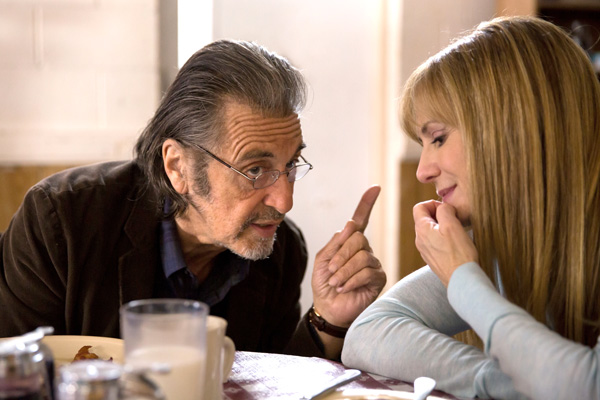
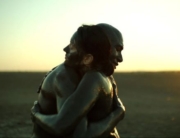
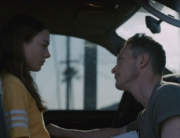

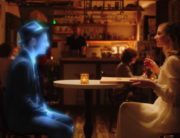
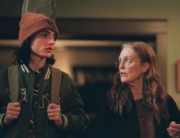
Leave A Comment